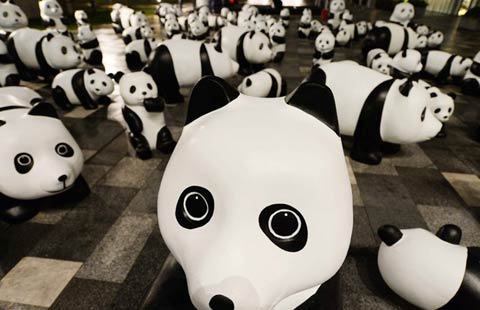G7 stops short of endorsing Japan's anti-China rhetoric
Updated: 2014-06-05 14:41
(Xinhua)
|
||||||||
BRUSSELS/BEIJING - Leaders of the Group of Seven (G7) industrialized nations fell short of endorsing Japan's anti-China rhetoric at a meeting in Brussels on Wednesday.
|
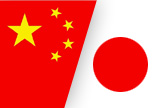 China-Japan relations |
"We are deeply concerned by tensions in the East and South China Sea," the leaders from Britain, Canada, France, Germany, Italy, Japan and the United States said in a communique issued at the end of the first day of their talks in Brussels.
"We oppose any unilateral attempt by any party to assert its territorial or maritime claims through the use of intimidation, coercion or force," the G7 leaders said, without specifying any country.
Japan had reportedly pushed the G7 to single out China for the rising tensions in the East and South China Sea, hoping to apply international pressure on China in its territorial disputes with Beijing over the Diaoyu Islands.
In an earlier response to Tokyo's futile attempt, the Chinese foreign ministry reaffirmed the country's determination to protect its sovereignty and legitimate rights.
"China is firm and resolute in safeguarding the sovereignty and maritime rights and interests in the East China Sea and the South China Sea as well as national security," Foreign Ministry spokesman Hong Lei told reporters on Tuesday.
"I want to point out that on the East China Sea issue, it is not China but Japan who changes the status quo. It is Japan who snatched the Diaoyu Islands away from China by force over 100 years ago. It is also Japan who attempted to unilaterally 'nationalize' the Diaoyu Islands by violating the UN Charter, the Cairo Declaration, the Potsdam Declaration and other international laws," he said.
"Therefore it is Japan who should clean up its acts and correct its mistakes," the spokesman said.
"Meanwhile, we always hold the point that disputes should be managed and settled through dialogue and negotiation. We advise the Japanese side not to stir up troubles nor mislead the public opinion on international occasions."
The two-day summit hosted by the European Union (EU) focuses on Ukraine situation, ties with Russia, global economy and energy security, according to preliminary agenda unveiled by the EU.
Originally, a G8 summit was scheduled to take place in Sochi, Russia in early June under Russian presidency. At their meeting in The Hague, the Netherlands on March 24, the G7 leaders decided to meet in Brussels in June in the G7 format instead to protest the accession of Ukraine's Crimea region into Russia.
Related:
Abe's anti-China thinking exposed at G7 summit
G7 powers meet without Russia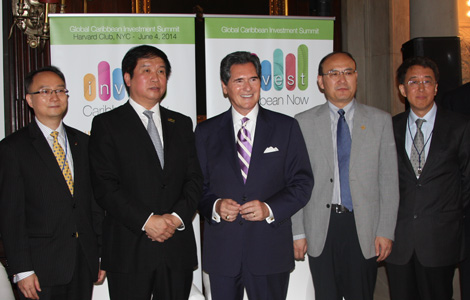
 Caribbean overlooked for investing, tourism: panel
Caribbean overlooked for investing, tourism: panel
 Low carbon never means low fun
Low carbon never means low fun
 Times Square feat kicks-off summer of stunts
Times Square feat kicks-off summer of stunts
 Graduate wins ticket to go to China's American Idol
Graduate wins ticket to go to China's American Idol
 Chinese-American kids win roles in Oliver!
Chinese-American kids win roles in Oliver!
 Teaching Chinese children self-esteem through dance
Teaching Chinese children self-esteem through dance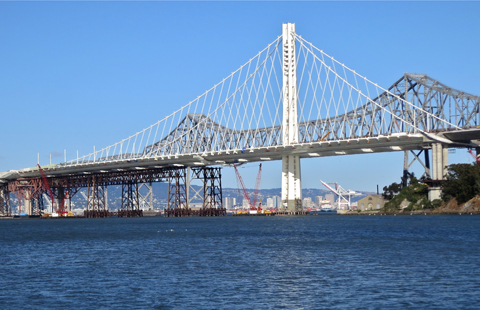
 New Bay Bridge woes called 'maintenance'
New Bay Bridge woes called 'maintenance'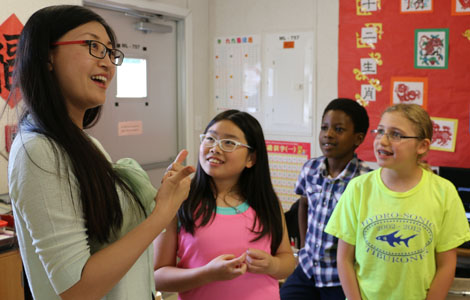
 Students find Shanghai 'cooler' than New York City
Students find Shanghai 'cooler' than New York City
Most Viewed
Editor's Picks
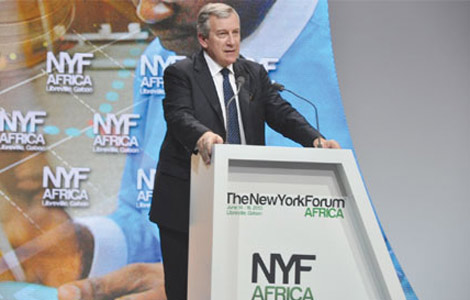
|

|

|

|

|

|
Today's Top News
Naval drill may calm choppy ties with the US
Lenovo: Cyber issues won't derail IBM deal
G7 stops short of endorsing Japan's anti-China rhetoric
Putin responds to 'aggressive' US
G7 willing to step up sanctions on Russia
Germany investigates alleged NSA Merkel phone tap
NASA urged to reexamine China policy
Drill may calm choppy ties with US
US Weekly

|

|




